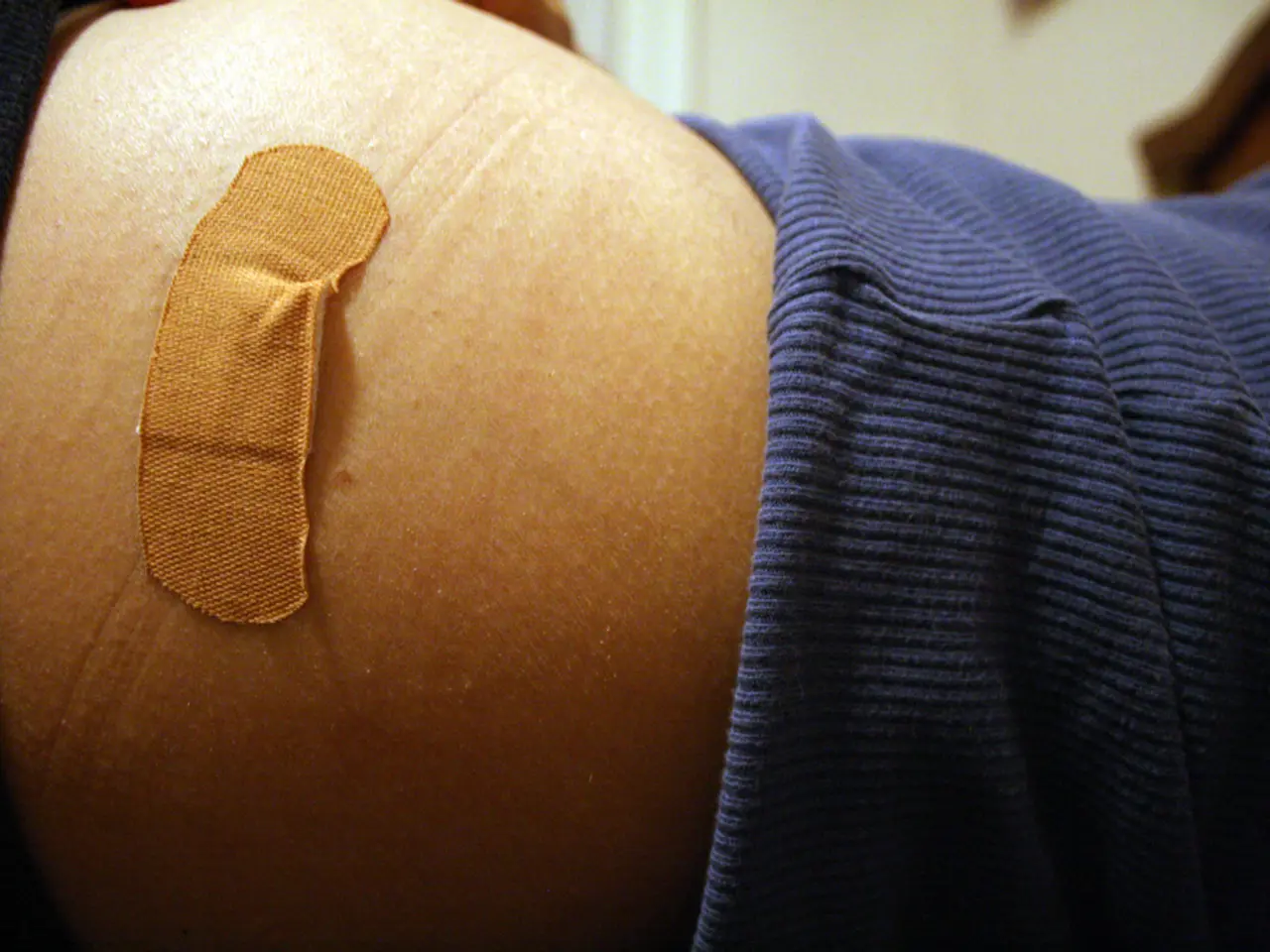Signs of Onset Kidney Disease Disclosed Early for Better Health
In the pursuit of maintaining good health, regular check-ups and bloodwork play a vital role, especially in the early detection of potential health issues like kidney disease. Dr. Gill, a renowned medical professional, stresses the importance of this early detection, particularly when it comes to kidney disease.
Routine bloodwork can provide valuable insights into the health of your kidneys. Early signs of kidney disease are often detectable through changes in kidney function markers such as elevated serum creatinine and decreased estimated glomerular filtration rate (eGFR). These blood tests can reveal mild reductions in kidney function even when symptoms are not yet evident.
Serum creatinine, a waste product filtered by the kidneys, is one such marker. Elevated levels suggest reduced filtration capacity, pointing towards potential kidney issues. The eGFR, calculated from creatinine, gives an estimate of how well the kidneys are filtering blood. Values below 60 mL/min/1.73m² may indicate chronic kidney disease (CKD), but early kidney damage can occur even with normal or slightly reduced eGFR (60-90).
Cystatin C, an alternative blood marker, can detect kidney dysfunction more sensitively, independent of muscle mass. While routine bloodwork may not always include cystatin C, it can help identify early kidney impairment.
Urine tests such as the albumin-to-creatinine ratio (ACR) also play a significant role in detecting kidney disease. This test detects protein leakage in urine, a common early sign of kidney damage often preceding abnormal blood test results.
It's important to note that other signs or symptoms related to kidney disease, such as changes in urination, fatigue, swelling, or high blood pressure, typically arise as the disease progresses. These may not be captured through blood tests alone in the very early stages.
In summary, routine bloodwork can detect subtle early kidney dysfunction by showing elevated serum creatinine, reduced eGFR, and potentially abnormal cystatin C levels. Urine tests for proteinuria complement these by detecting early damage not always reflected in blood markers.
Regular screening is especially important for those with risk factors such as diabetes, hypertension, or a family history of kidney disease. For more information about early signs of kidney disease, visit AdventistHealth.org/JGill. Remember, the importance of regular check-ups and bloodwork is often overlooked, but it is crucial for maintaining health and catching potential health issues like kidney disease in their early stages, leading to more effective treatment options.
Routine health and wellness check-ups, including bloodwork, are essential for early detection of potential medical-conditions like chronic-kidney-disease. Serum creatinine, eGFR, and even alternative markers like cystatin C can reveal chronic-kidney-disease, especially in its early stages. Urine tests, such as the albumin-to-creatinine ratio, can also identify kidney damage that may not show up in blood tests alone. Therefore, it is crucial for individuals with risk factors like diabetes or hypertension to prioritize therapies-and-treatments that include regular screening for chronic-diseases like chronic-kidney-disease.




